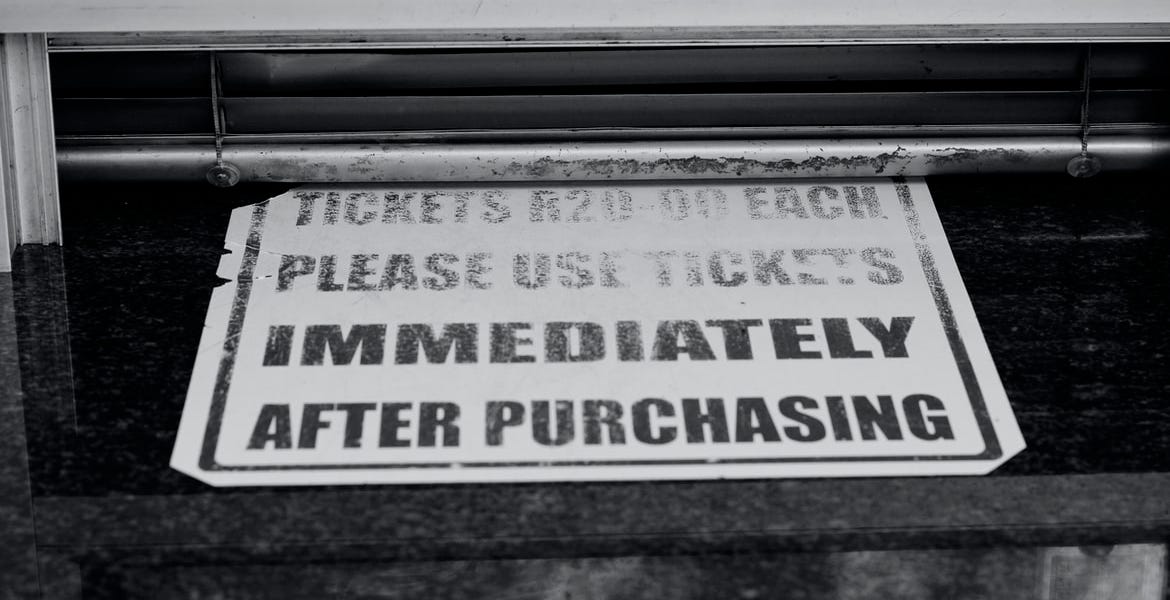Currently, the web is monetized mostly by either ads or subscriptions (or by companies offering you free stuff and then selling your data). Over the years, there have been various attempts to switch to a system of micropayments. But despite a few limited successes (e.g. buying one song from a music service), these attempts have generally failed. An... See more

